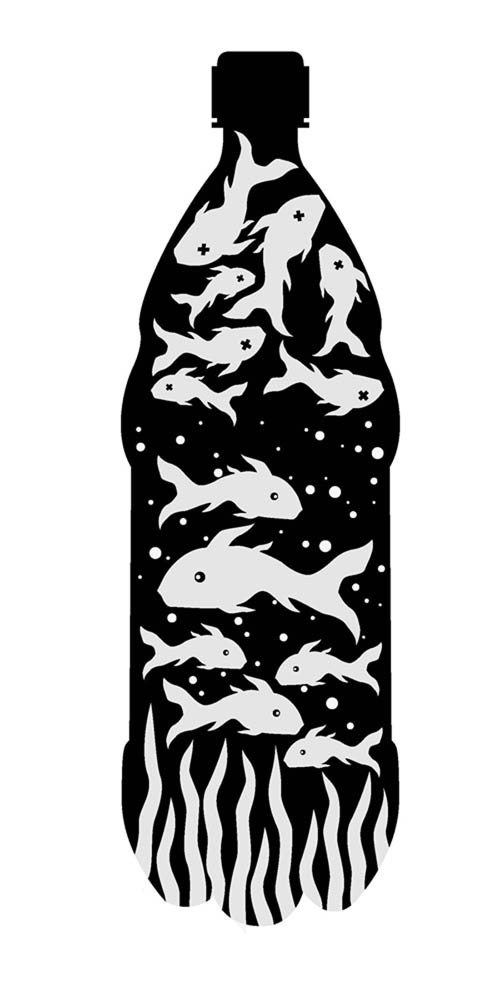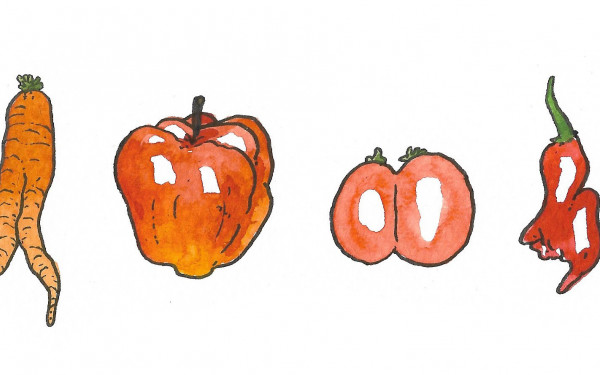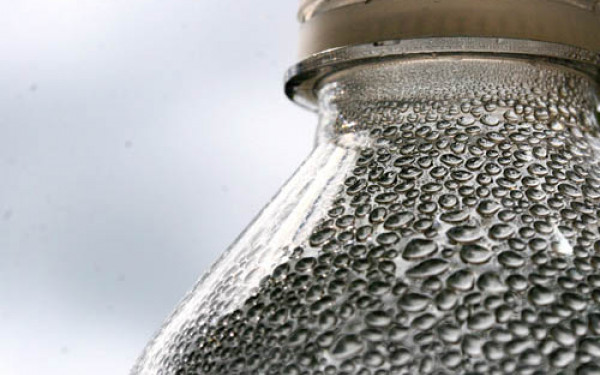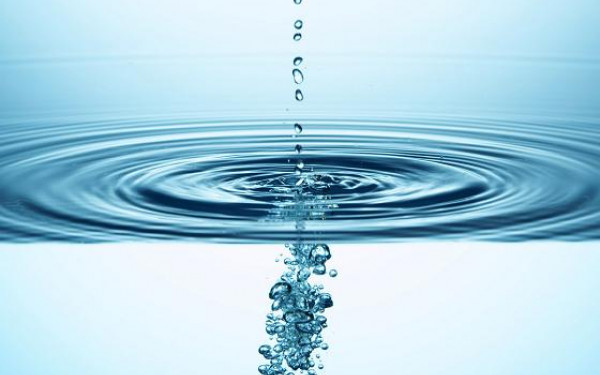Lucrative Liquids
Water Bottle Marketing Against Simple Ethics
Would it make sense if my landlord installed a coin machine that charged me a dollar to get into my apartment? How about if air was privatized and I had to pay by the breath? The answer to both questions is no. It would be completely ridiculous to pay for something that I already own.
Then why, as a Canadian who enjoys 20 per cent of the globe’s fresh water supply, am I shelling out a couple dollars to buy a bottle of water every time I’m thirsty? It’s my elixir of life, the liquid to my longevity, and I’d die in less than three days if I couldn’t have it. Even the United Nations declared water as a basic human right on July 28, 2010.
Like anything one is romantic for, dependence always leads to vulnerability. As corporations like PepsiCo, Nestle, Coca-Cola or the other plethora of bottled water companies suck up the globe’s consumable fresh water supply, they’re finding ways of selling our water back to us. I’m sure bottled water marketers could sell ice to an Eskimo, or sand to an Arab.
*Bottled water marketing campaigns suggest that government-regulated water is dirty compared to their product, which is packaged beautifully and shines like a beacon towards a higher standard of living.
When Jennifer Aniston is prominently displayed chugging Smart Water, Glaceau’s bottled water brand, after a hard workout in its last ad campaign, it gives the illusion that anyone who consumes the brand indulges in a higher quality of life.*
Numerous studies have also shown high-income households consume more bottled water than low-income households.
Environment Canada said that a thousand litres of tap water costs Canadians $1.26 (which includes treatment costs), and a thousand litres of bottled water costs about $1,500.
Apparently, consumerism is a virtue, since the stated advertisement shows that those who consume more are worth more.
Besides the fact that selling bottled water is a complete scam, I’m troubled by the notion that consumers are increasingly putting more trust in corporations than their very own governments.
Between 2002 and 2007, global water bottle consumption rose by 7.6 per cent per year, and has since then steadily increased.
Albeit both politicians and company men are equally untrustworthy, but to choose the side that’s less accountable to the greater population is beyond the realm of logic.
At the same time, it’s unrealistic to get rid of beverage corporations like PepsiCo. The beverage powerhouse employs thousands of people across the globe and donates to charities.
In 2009, PepsiCo. donated over $300,000 to non-profit organizations with clean-water initiatives—though it’s obvious that the only reason they donate to water causes is because it is business imperative.
The challenge isn’t to veto them out of our lives like villains from old Western films. The World Water Week convention held in September advocated a government and corporation partnership, in regards to regulating water sources.
Corporations are very effective in transporting clean water to countries that aren’t privy to advanced water filtration systems like the one Canadians boast. Their problem is obviously their thirst for profit.
So PepsiCo (and others that sell water bottles), I’m not mad at you, just very disappointed. You need to get with the times and practise some marketing ethics. The sustainable mindset that the new-society stresses is that business practice has a triple bottom line: people, profit and planet.
This article originally appeared in Volume 31, Issue 12, published November 2, 2010.







